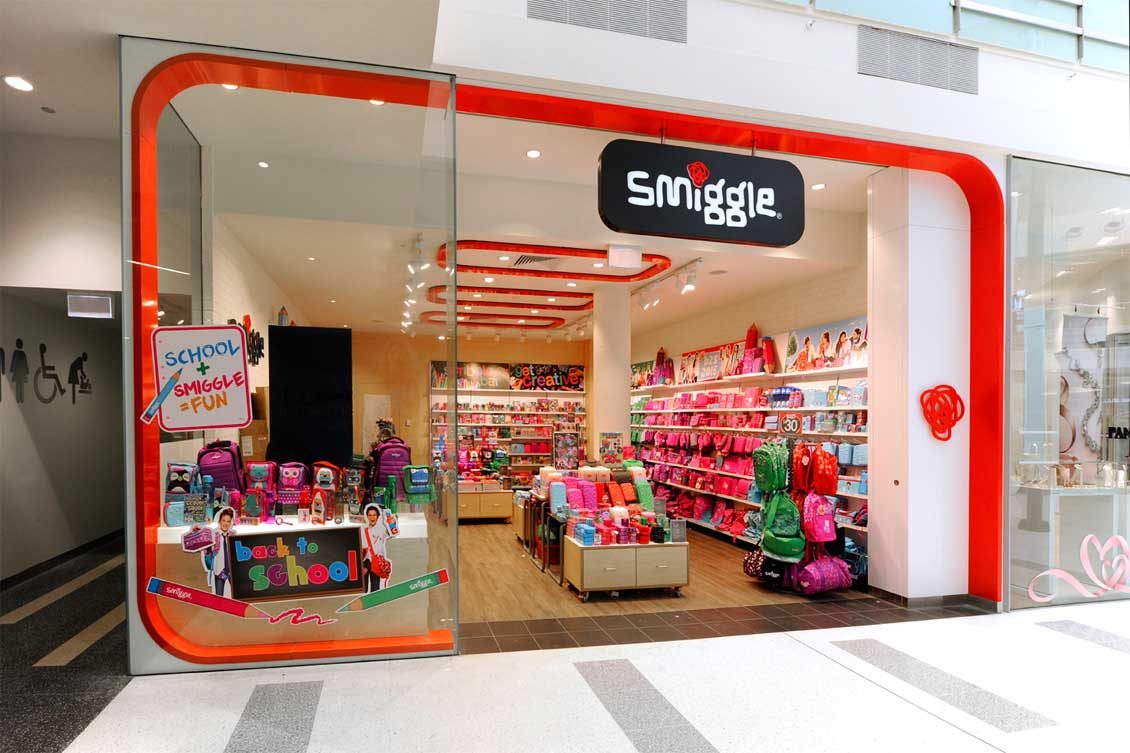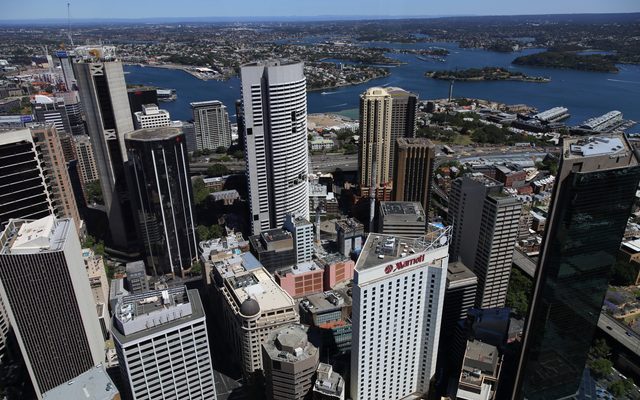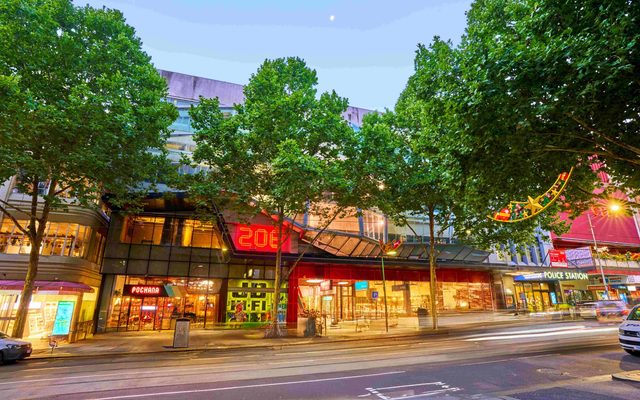This article is from the Australian Property Journal archive
PREMIER Investments has again threatened to shut stores en masse if landlords don’t agree to bring down rents, as the retail group’s pivot towards online shopping and an injection of government support funds underpinned a record full year result.
The group, headed by combative retail veteran Solomon Lew, has been no stranger to playing an aggressive role in ongoing rental negotiations, even dating back to before the pandemic. Wielding its bargaining power via its holdover leases, the group said it could close 350 of its Australasian stores. The leases allow it to vacate any stores with 30 days’ notice.
Full year net profit after tax increased 29.0% to $137.8 million, while revenue dipped by 2.1% to $1.25 billion. Premier Investments owns Peter Alexander, Just Jeans, Jay Jays, Portmans and stationary company Smiggle.
Like for like sales were up 7.6% for the year, with total sales down 4.3% to $1.22 billion. Premier Retail’s underlying EBIT margin for the year was 15.4%. Underlying earnings before interest and tax grew 11.9% to $187.2 million.
Premier Investments received about $60 million in JobKeeper payments, and dividends totalled $57 million for a final dividend of 36 cents per share.
Sleepwear brand Peter Alexander posted record sales, up 16.3% to $288.2 million. Like for like sales or apparel brands were up 7.5%. In the final 10 weeks of the second half, as stores re-opened and some regions of Australia and New Zealand gradually returned to business as usual, the segment delivered like for like sales growth of 14.1% on the comparable period in the previous year.
Online sales surged by 48.8% over the full year to a record $220.4 million. Online sales skyrocketed during the pandemic-effected second half to be 70% higher than the same period in the previous year.
The online business contributed 18.1% of total sales for the year, and 25.5% of total sales for the second half. Online continues to deliver significantly higher EBIT margin than the retail store channel.
“Globally, the temporary closure of retail stores and the ongoing government implementation of social distancing in each of the countries and markets we operate, has significantly changed customer shopping behaviour. Consumers are increasingly choosing to shop online in this highly uncertain environment,” Premier Investments said.
“Over the past nine years, Premier has made significant investment in its fully integrated online channel and is well placed to maximise this significant swing in customer shopping preference.”
Premier Investments will reduce Smiggle’s bricks and mortar presence in the UK, closing 55 of its 131 stores in the country, as students didn’t require new stationary while staying away from the classroom.
Upon re-opening the UK website in the week ended 20th June, with 118 stores still closed due to COVID, UK online sales alone were up 13.4% on the prior year sales when all stores and online were open. Smiggle’s online channel delivering an 57.0% increase in sales over the second half, representing 24.9% of Smiggle sales in that period.
Aggressive stance
The financial impact of COVID-19 was most severe during from 11th March to 15th May, with retail store sales plummeting 78.4% during the first round in global lockdowns.
As the coronavirus crisis unfolded and ahead of the national code of conduct for landlords and tenants being introduced, Lew threatened to shutter stores if landlords did not lower rents.
The group then closed all of its 900 Australian retail stores for at least one month and declared it would not pay rent on any of its stores during the shutdown. It extended the temporary closure and reaffirmed that it would not pay rent on its stores throughout the period, before saying it would pay rent in arrears for all stores as a gross percentage of sales.
Lew is holds a stake of nearly 11% in Myer and has been a vocal critic of the embattled department store’s soft performance in recent years. He called for the board’s resignation earlier this month it posted a $172.4 million full year loss.
Premier’s balance sheet includes its $18.1 million investment in Myer Holdings Limited, and the group owns its global head office at St Kilda Rd in Melbourne and its Australian distribution centre.




